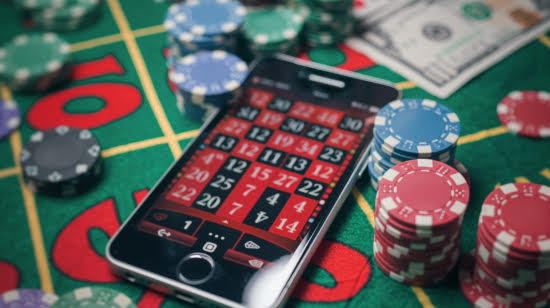
Exploring the Popularity of Poker
Poker has become a ubiquitous game worldwide, transcending borders and cultural barriers. With its combination of skill, strategy, and luck, it captivates millions. The rise of online platforms has made poker more accessible than ever, allowing players to engage in the game from the comfort of their own homes. For those looking to start their journey in the world of poker, platforms like Exploring the Popularity of Poker Tournaments in Bangladesh betwinner giriş provide opportunities to play and refine their skills.
The Game’s Evolution
Poker has a rich history, evolving from its early origins in the 19th century to the diverse variations we see today. The game has its roots in various gaming traditions, with influences from European games like Poque and Primero. Over the decades, it has adapted to changes in cultural preferences, social dynamics, and technological advancements. Today, Texas Hold’em remains the most popular variant, largely due to its simplicity and strategic depth.
The Influence of Technology
The advent of the internet has revolutionized poker, making it a global phenomenon. Online poker rooms emerged in the late 1990s, allowing players to compete against others from around the world. This shift not only popularized the game but also introduced innovative formats and styles of play, catering to a diverse audience. Today, mobile applications, live streaming, and poker communities further enhance the experience, enabling players to engage with the game in novel ways.
The Poker Boom
The early 2000s saw a ‘poker boom,’ largely driven by televised tournaments and the allure of high-stakes games. Events like the World Series of Poker (WSOP) showcased professional players and turned poker into prime-time entertainment. The combination of celebrity players and large cash prizes drew millions of viewers, inspiring countless amateur players to take up the game. This exposure solidified poker’s status as a legitimate sport and a cultural staple.

Cultural Significance
Beyond its status as a game, poker has permeated popular culture, featuring in films, literature, and even music. The narratives around poker often highlight themes of risk, strategy, and human psychology, resonating with audiences. Movies like “Rounders” and “Casino Royale” have romanticized the game, portraying it as a battleground of wits and deception. The storytelling aspect enhances its appeal, drawing in those who appreciate the dramatic interplay of chances and strategy.
The Social Aspect of Poker
Despite the rise of online poker, the social aspect of the game remains a significant draw. Poker nights among friends, family tournaments, and charity events foster community building and social interaction. The game’s blend of competition and camaraderie creates a unique atmosphere where relationships are forged over the felt. This social dimension counterbalances the solitary nature of online play and contributes to poker’s enduring popularity.
The Psychology of Poker
Understanding the psychological elements involved in poker is crucial to mastering the game. Players must navigate a landscape filled with uncertainty and manage their emotions. Bluffing, reading opponents, and maintaining a poker face are all critical skills that require psychological acumen and experience. This complexity makes poker not just a game of chance but a test of mental fortitude, appealing to those who enjoy a strategic challenge.
The Future of Poker
As we look to the future, poker is likely to continue evolving. With advancements in technology, we can expect more immersive experiences, such as virtual reality poker and enhanced analytics to assist players in improving their game. Furthermore, as the game becomes increasingly globalized, variations and styles from different cultures may introduce new dynamics to traditional gameplay. The fusion of poker with eSports also presents exciting opportunities, attracting a new generation of players.
Conclusion
In summary, the popularity of poker can be attributed to its rich history, evolving gameplay, cultural significance, and the social connections it fosters. Whether played in a casino, at home, or online, poker continues to attract and engage players worldwide. As it adapts to modern trends and technologies, the future of poker looks bright, promising new ways for enthusiasts to connect with the game and each other.













